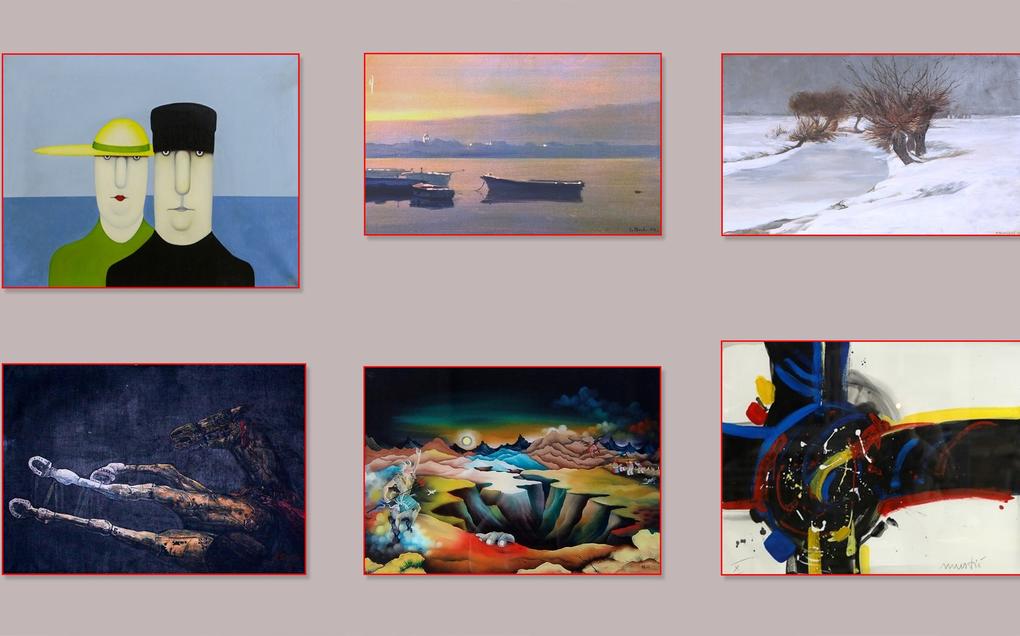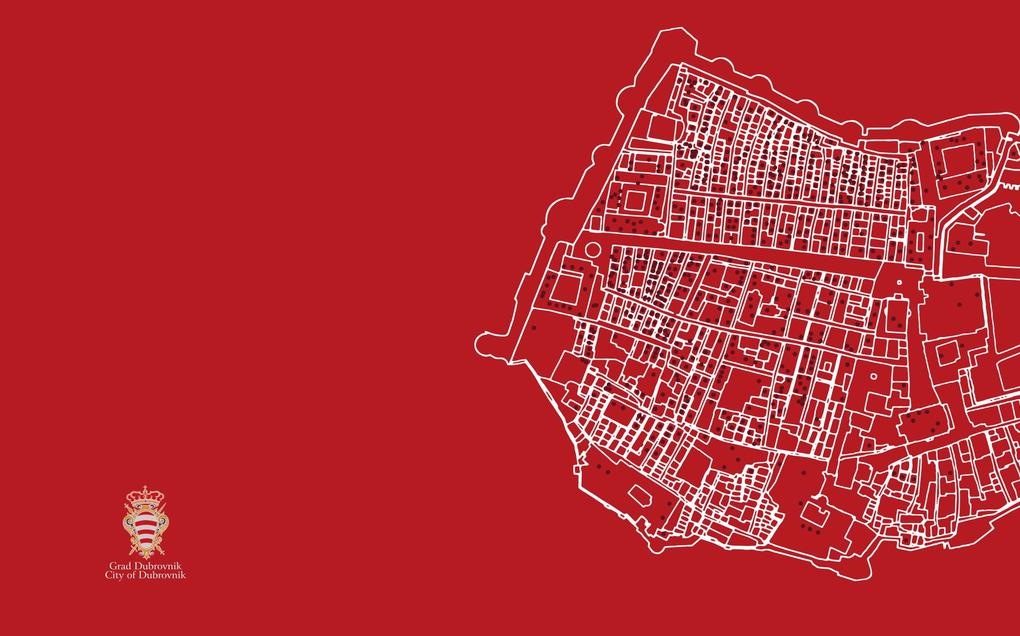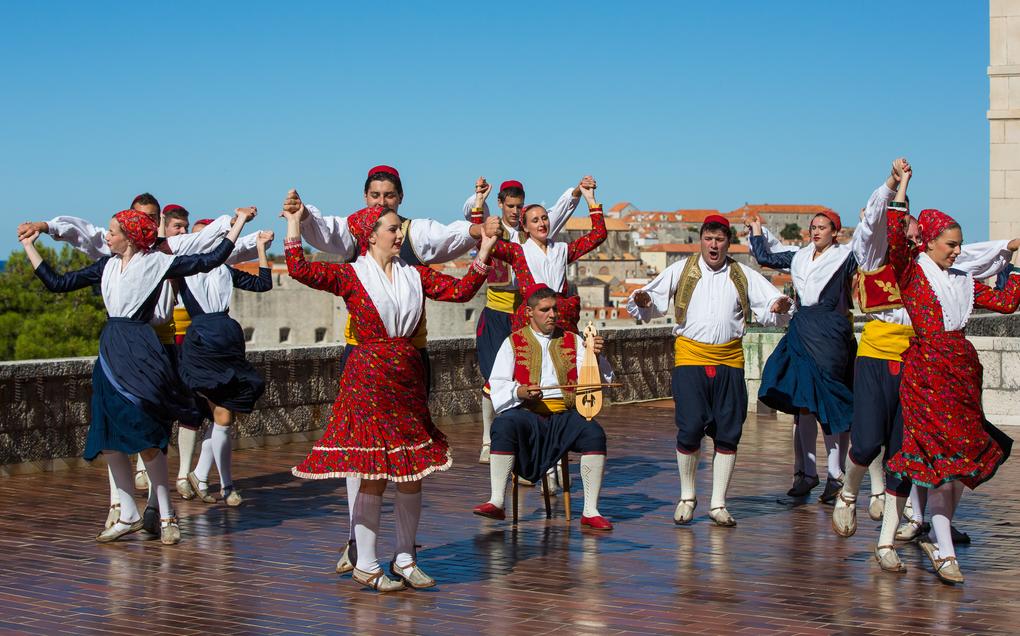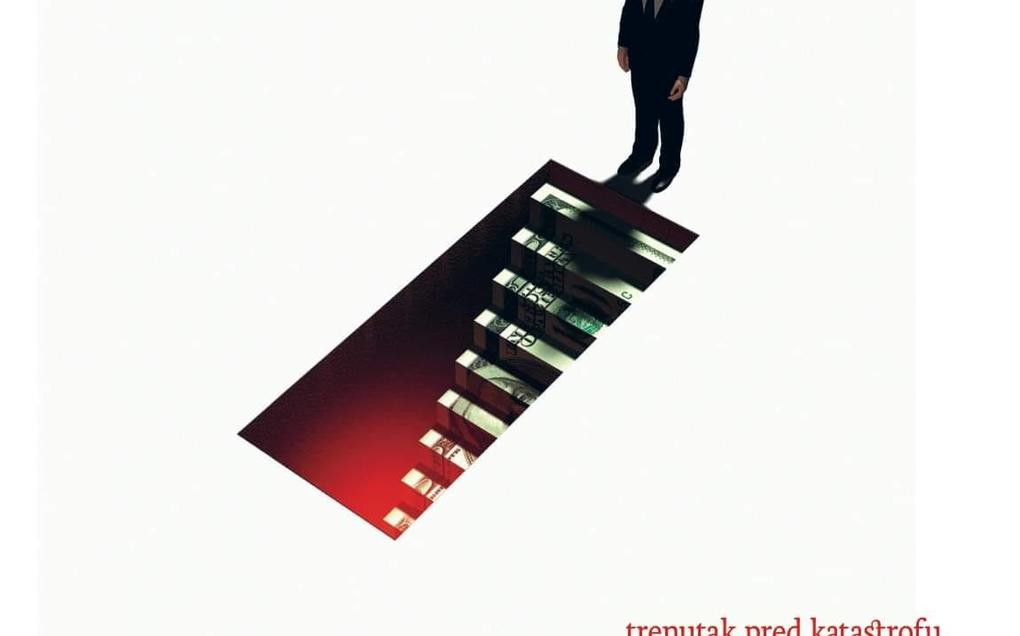Alternative biographies
Blagoje Bersa
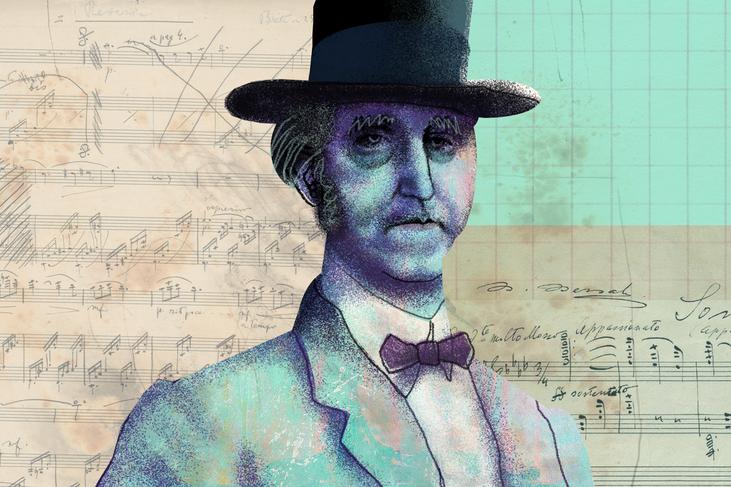
Photo gallery
The Bersa family, originally from Branik near Nova Gorica in Slovenia, became accultured to the Dalmatian region rather quickly. The prominent lawyer from Zadar, Ivan Bersa, who moved to Dubrovnik in 1865 with his wife Filomena née de Medici, was a music amateur and intellectual who established a cultural circle and raised his five sons and one daughter immersed in its atmosphere; his eldest son Josip, was a writer and archaeologist; Bruno, a sculptor; and Vladimir, Blagoje, Zdenko and Danica were musicians. The family was often known to play music together. “Except for my mother and Bruno, we all played music (…) When I was little I always listened to them play. When Vladimir played the piano, I looked at sheet music and the position of his fingers on the keyboard because I was teaching myself how to play and would learn where each note was on the piano,” said Blagoje. He, therefore, finished primary school in Dubrovnik surrounded by music, attended high school in Vienna and Trieste, and then enrolled in the music school at the Croatian Music Institute in Zagreb. He studied composition, music theory and piano and graduated from the Vienna Conservatory in 1899, after which he moved frequently because he experienced difficulties in finding permanent employment. Work took him to Vienna, Sarajevo, Osijek, Split and Graz, and after a six-month concert tour through Germany, Switzerland and Czechoslovakia, he finally settled in Zagreb in 1922, became a tenured professor of instrumentation at the Academy of Music and worked there until his death. Together with a rich oeuvre of compositions, which laid the groundwork for modern orchestra and opera style in Croatian music, he composed his first works with impressionist overtones and, as a pedagogue, educated generations of important 20th century Croatian composers. The long period of time Blagoje spent in Vienna was full of encounters, different activities, dreams and accomplishments. This was also his most prolific period – it was where he created both of his operas; Der Eisenhammer and Der Schuster von Delft, many soloist compositions inspired by German, French, Russian and Croatian literature, piano compositions and orchestra scores such as Sunny Fields, and the cycle My Homeland. His music was related to the works of R. Wagner and R. Strauss, but also G. Mahler, who were open to new things. However, even with such an abundance of international experiences, his upbringing in Dubrovnik left a lasting mark on him. Along with discussions about politics and art, he was often thinking and writing about his pan-Slavic sense of identity …
Musical siblings, Vladimir and Blagoje, often wrote music to the poetry of their eldest brother Josip, author of the memoir about life in Dubrovnik in the 19th century, entitled Dubrovačke slike i prilike. It was a unique account of the social life, and the kind of intellectual and spiritual content that secured Dubrovnik, even after the fall of the Republic, a special place in Croatian cultural history. The Bersa family considered themselves Ragusans, and the only opera written by Blagoje Bersa that was never performed thematises a love story between a Ragusan sailor and his fiancée Jelka – as the opera was titled, based on the libretto by his brother Josip.



